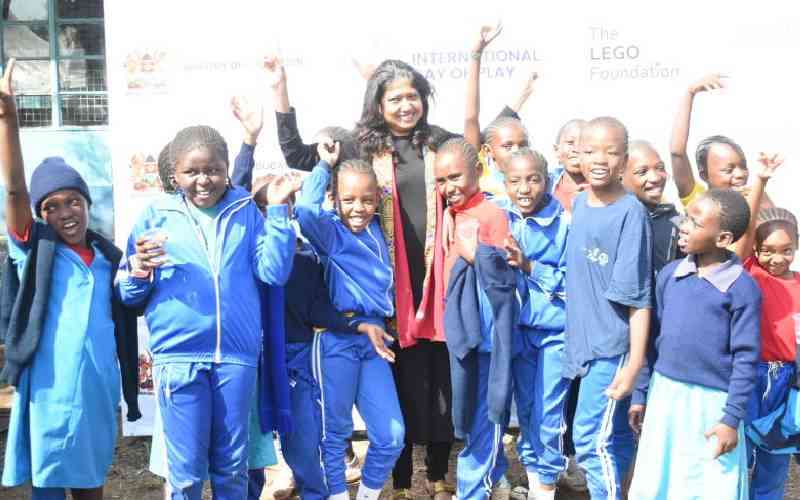×
The Standard e-Paper
Join Thousands Daily

"We would play all sorts of games, climbing trees, bathing in the ponds, and covering the whole neighborhood on foot," says Brian Ngao, a 29-year-old businessman in the city.
Playtime, in his younger days, meant exploring landscapes and innovating toys.